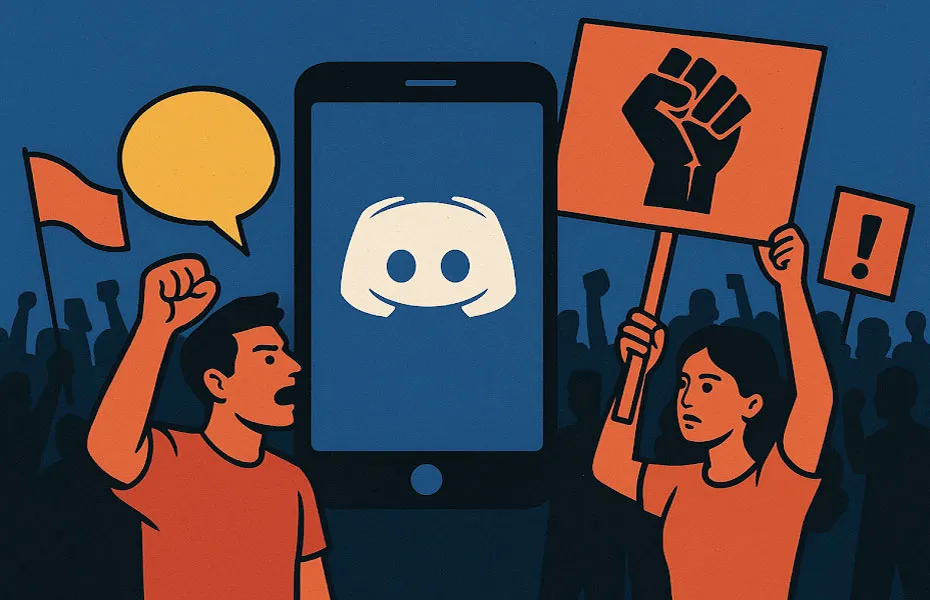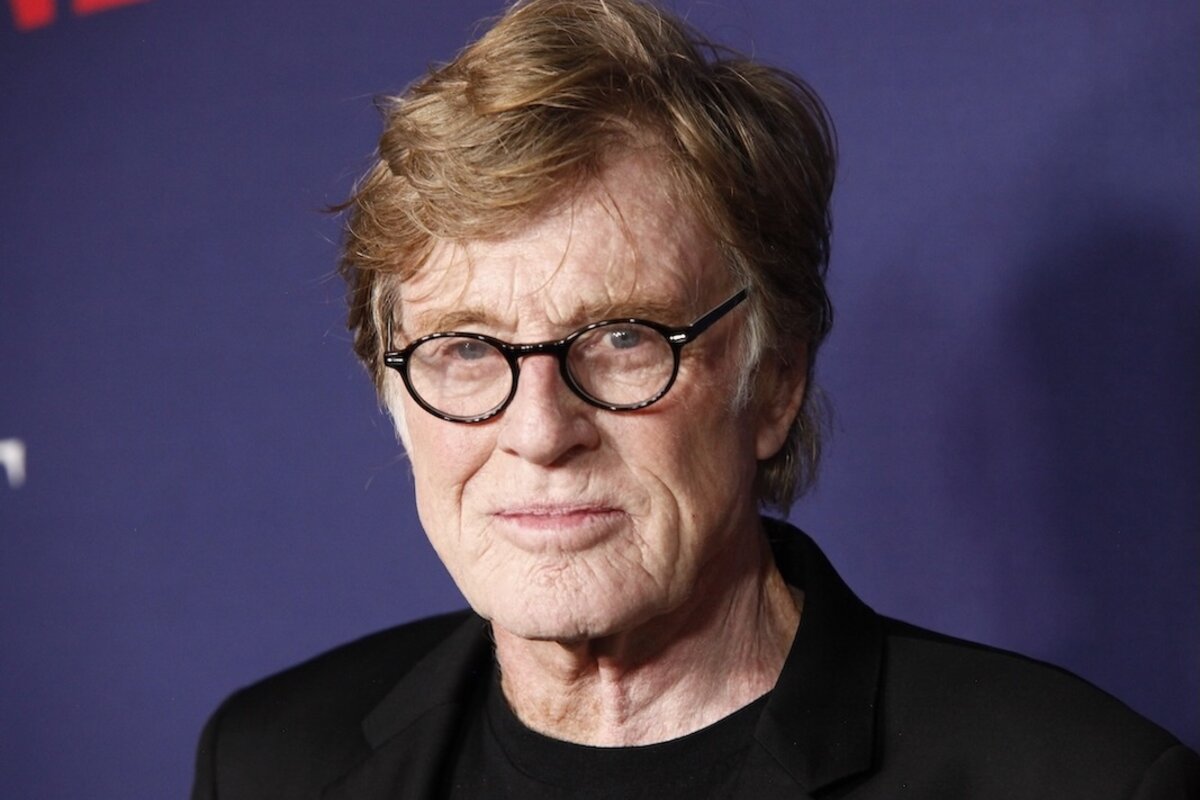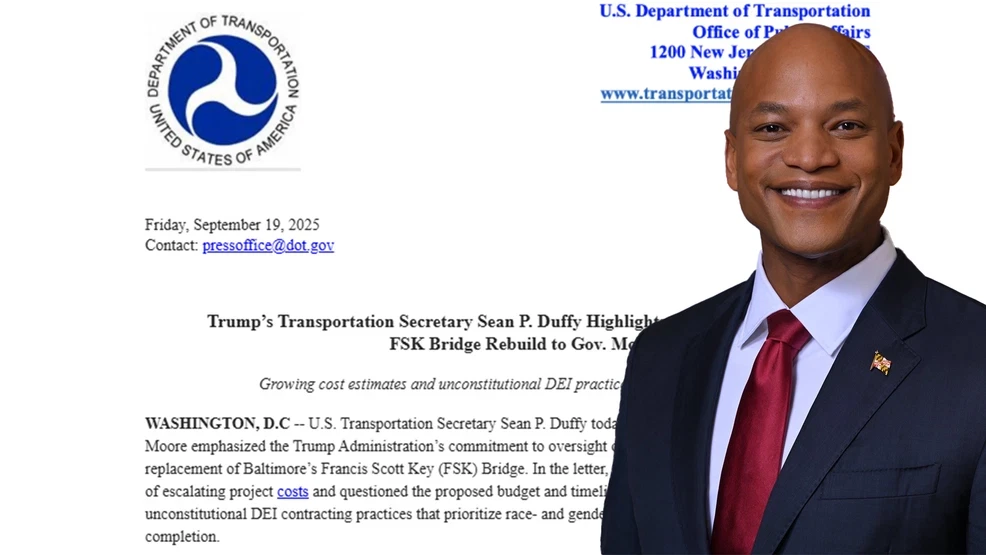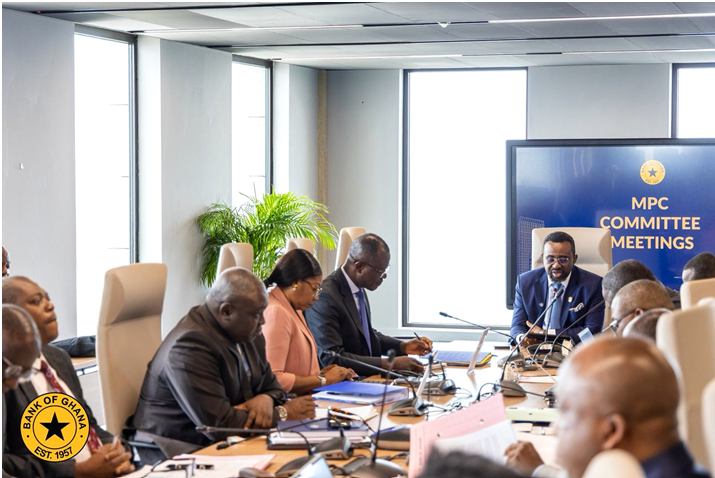From Hashtags to Regime Change: The Evolution of Social Media as a Force of Political & Social Change
By Kunal Sinha
Copyright mxmindia

When people think of social media, the first associations tend to be entertainment, self-expression or personal connection.
Yet, over the past 15 years, social platforms have repeatedly proven themselves to be more than digital noticeboards. They have acted as accelerators of political dissent, amplifiers of marginalised voices and rallying points for movements that shifted the course of nations.
The trajectory from the Arab Spring to the more recent youth-led uprising in Nepal demonstrates how social media has matured as both an agent and a platform for change. At the same time, it highlights the need for organisations – political or corporate – to rethink how they engage in online conversations, particularly within closed and private groups where crucial sentiment often brews away from the spotlight.
Arab Spring: the first great test of social media power
In late 2010, protests broke out in Tunisia following the self-immolation of Mohamed Bouazizi, a street vendor harassed by local authorities. What might once have been a local story became the spark for a region-wide movement when images, videos, and calls for justice spread across Facebook, Twitter and YouTube. The Arab Spring was not ‘caused’ by social media: its roots were entrenched in decades of authoritarianism, corruption and inequality. But social media became the accelerator, giving protestors tools to coordinate and galvanize global attention.
From Tahrir Square in Cairo to the streets of Benghazi, platforms became lifelines for activists and sources of unfiltered reporting for the outside world. Governments recognised this power quickly: in Egypt, the internet was temporarily shut down to disrupt organising efforts. Yet by then, the idea had already been seeded: digital platforms could act as parallel civic spaces where the young, the marginalised and the disenfranchised could congregate and demand recognition.
A global ripple: Occupy, #MeToo, and Black Lives Matter
The early 2010s saw digital activism spread rapidly. The Occupy Wall Street movement in New York used social media to rally against economic inequality, with the meme-able slogan “We are the 99%” echoing far beyond its camps. The #MeToo movement broke long-standing silence on sexual harassment, as women worldwide shared personal stories that became impossible for institutions to ignore.
Black Lives Matter, sparked in 2013 and reignited with George Floyd’s murder in 2020, further showed how hashtags can morph into global conversations. Videos of police violence circulated on Twitter and Instagram, ensuring that what might once have been an isolated injustice in one city could trigger demonstrations on multiple continents.
Here, social media was not just a bulletin board but a lens: it reshaped how people saw systemic racism and forced businesses, celebrities and governments to respond.
The new phase: encrypted networks and closed communities
As governments learned to surveil and manipulate open platforms, activists shifted towards encrypted and private spaces. WhatsApp groups, Telegram channels, Discord servers, and closed Facebook groups became the new arenas of political organisation. Movements in Hong Kong demonstrated this vividly: protestors in 2019 relied heavily on encrypted messaging to evade police monitoring and coordinate real-time strategies.
This evolution also signalled a deeper shift in digital trust.
Open platforms like X remain useful for broadcasting messages, but the real conversations – the ones that carry emotion, nuance, and trust – often occur in closed circles. These are spaces where people share more candidly, away from the scrutiny of algorithms, governments or even employers.
For anyone seeking to understand the undercurrents of public sentiment, whether in politics or business, these semi-private forums have become indispensable.
Nepal 2024: a GenZ revolt
The most striking recent example of social media’s force is the youth-led political upheaval in Nepal. In 2024, frustration with entrenched political elites boiled over, but unlike the older generations, Nepal’s GenZ did not take to party headquarters or newspapers to make their grievances known. They organised, discussed and rallied online. It was a regime shift remarkable for its spontaneity and creativity.
A Discord server ‘Youth Against Corruption’, with over 100,000 members, became a key hub, featured on national TV and news livestreams. After Prime Minister Oli’s resignation on September 9, the server became the centre of discussions to fill the power vacuum. Managed by NGO Hami Nepal, the server played a role in identifying a candidate acceptable to the military, which held control during the government’s absence.
In just four days, the server expanded to 145,000 users. Through structured discussions and voting sessions, participants reached a consensus to nominate Sushila Karki, a respected former Chief Justice known for her anti-corruption stance.
Unlike the Arab Spring, Nepal’s demonstrations were not about borrowing tactics from other nations but about speaking in the language of their generation. Memes, music remixes and satirical skits circulated as forms of dissent just as powerful as placards and chants. For a political class accustomed to broadcast television and staged rallies, the sudden power of Gen Z’s digital fluency was disorienting.
The Nepal case shows that social media has reached a point where it can do more than amplify. It can destabilise entrenched power and generate alternatives.
What this means for organisations
The lesson from the last decade is clear: social media conversations can no longer be dismissed as ephemeral noise. They are signals of deep shifts in public sentiment, capable of crystallizing into movements that reshape politics, culture, and markets.
For political organisations, listening to open platforms remains necessary, but it is increasingly insufficient. Real momentum is often cultivated in closed groups, where discussions feel safe, authentic, and shielded from external judgment.
A meme in a Discord group, a heartfelt confession in a private WhatsApp chat, or a satirical TikTok shared within a niche audience may not trend globally but can quietly galvanize thousands of participants. Political strategists need to invest in understanding these spaces, without intruding or violating privacy, to anticipate emerging narratives.
Businesses face a parallel challenge.
Consumers, especially younger ones, are highly attuned to hypocrisy and tone-deaf messaging. Brand missteps are dissected mercilessly in private groups long before they become public scandals. By the time a storm erupts on Twitter or TikTok, the conversation has already matured elsewhere.
To remain relevant, companies must find ways to respectfully observe these closed circles, cultivate trust, and allow their stakeholders to feel genuinely heard. This does not mean surveillance but rather building relationships with communities, working with moderators, and engaging with grassroots voices.
Towards a new ethic of engagement
The power of social media as a political and social agent is no longer a matter of debate. The question now is how to engage responsibly in spaces that thrive on authenticity and intimacy. The next decade will require organisations to rethink their playbooks: moving away from broadcasting polished messages and toward cultivating genuine dialogue.
Listening, in this context, becomes as strategic as speaking. A political party that listens to youth frustrations in closed groups will avoid being blindsided by a TikTok-driven revolt. A business that listens to customers in community forums will spot cultural shifts before they explode into crises. Social media has already rewritten the script of activism and governance; its next frontier is teaching institutions the humility to listen before they act.
The story that began in Tahrir Square and found new voice in Kathmandu is far from finished. Social media is no longer the sideshow to politics and society—it is the stage itself, where ideas are tested, leaders are challenged, and futures are imagined in real time.
Kunal Sinha is Chief Knowledge Officer at Ampersand Advisory, based in Kuala Lumpur, Malaysia. He is the author of several books including The Future of India’s Rural Markets and Raw – Pervasive Creativity in Asia. He writes for MxMIndia every other Monday. His views here are personal.



